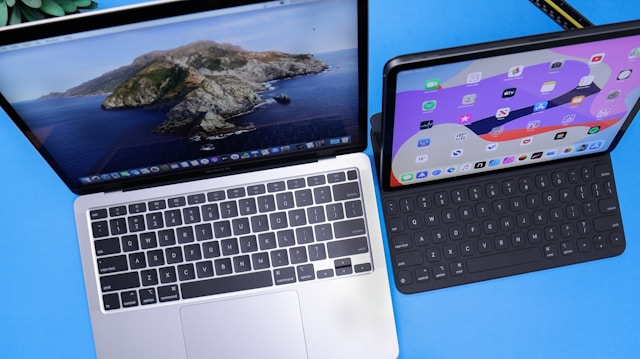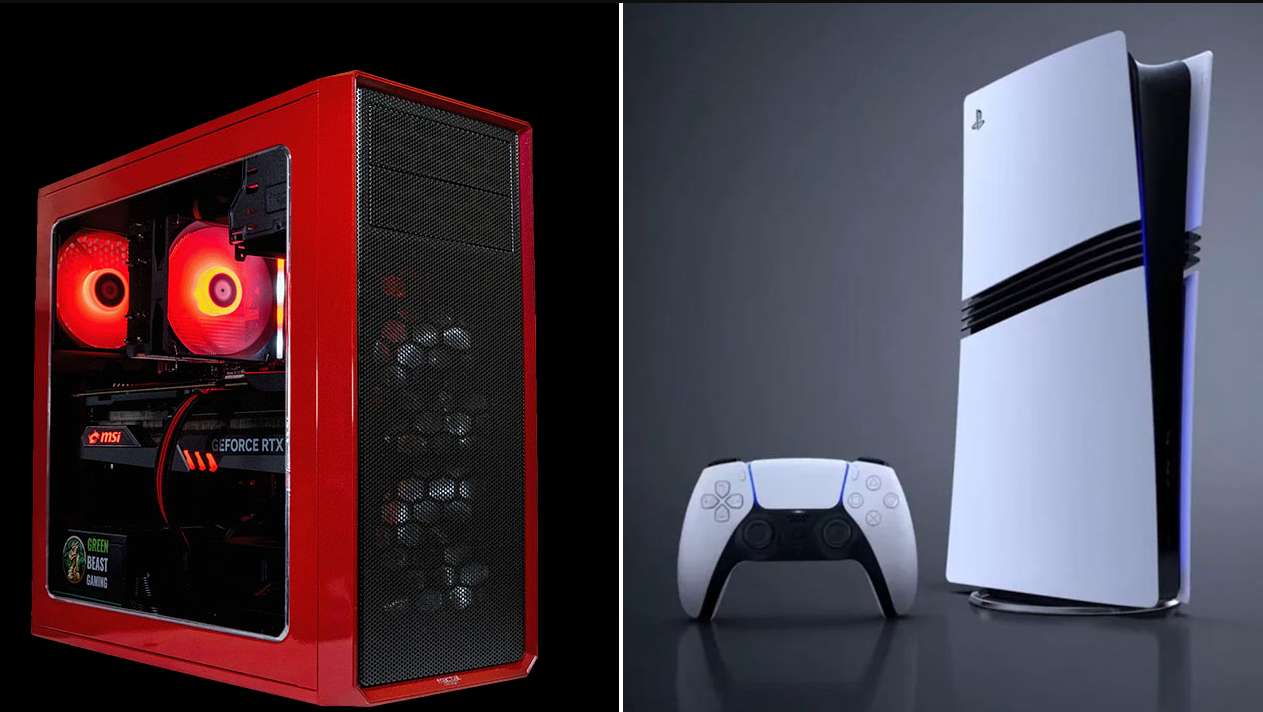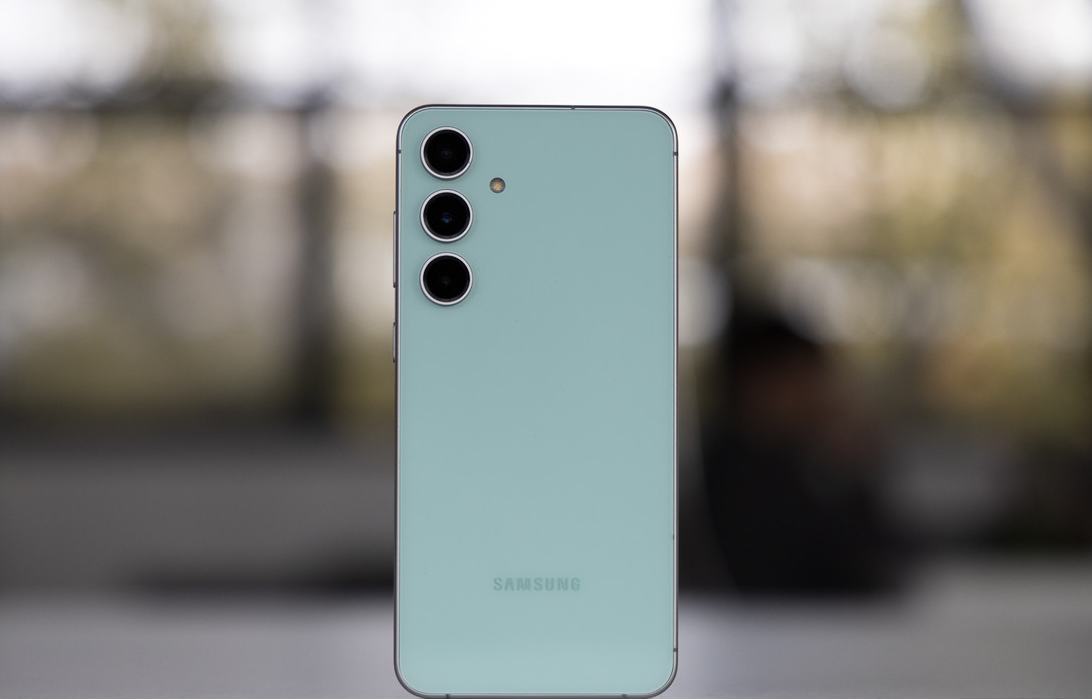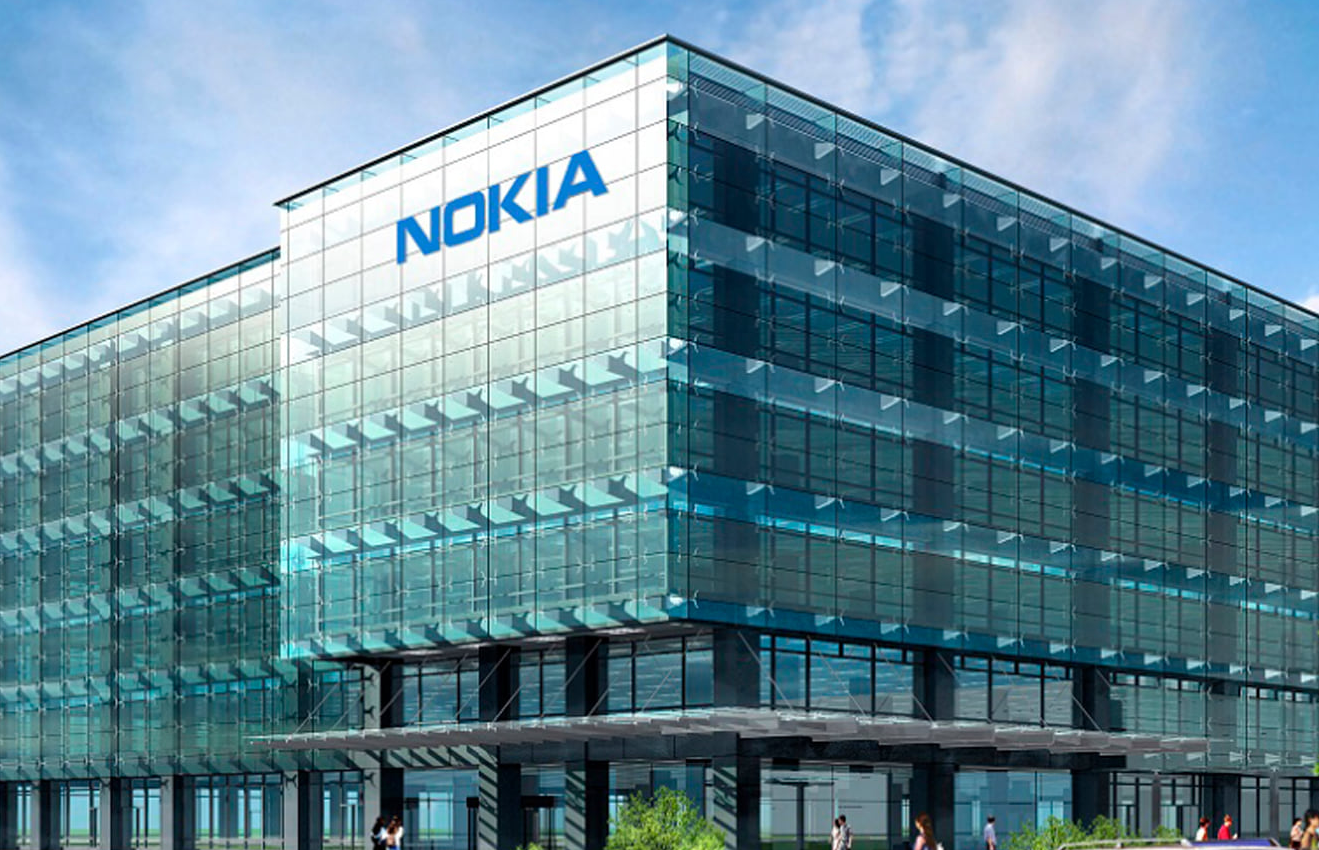In today’s world, where technology is advancing at an incredible speed, choosing between a tablet and a laptop is not just a matter of preference, but a strategic decision that determines our daily efficiency, convenience, and lifestyle. Tablets and laptops, although categorised as portable devices, offer different functionalities to meet the unique requirements of users in a variety of areas of life.
On the one hand, tablets, thanks to their light weight, compact size and touch screen, are the ideal choice for those who are always on the move. They offer convenience and accessibility when travelling, at work, studying or even for personal use for reading, watching videos and light document work. In addition to this, tablets are often used in creative professions for drawing and design, where the touch screen and stylus open up new horizons for creativity.
Laptops, on the other hand, offer significantly more options in terms of performance and versatility. They are the preferred choice for professional tasks that require more powerful processors, more memory and advanced multimedia features. The laptops are suitable for demanding software applications such as video editing, programming and big data processing. Also, with a physical keyboard and a variety of connectivity ports, laptops offer a higher degree of convenience and functionality for extended working hours.
Generalised comparison table based on typical characteristics of modern tablets and laptops
| Characterisation | Tablet | Laptop |
| Weight | Lightweight (approx. 500 g) | Heavier (1 kg and above) |
| Screen | 7–13 inches, touchscreen | 12–17 inches, not always touchscreen |
| Processor | Usually less powerful than in laptops | More powerful options, up to professional level |
| RAM | 2-8 GB. | 4-64 GB |
| Data storage | 32-512 GB, often with microSD support | 128 GB — 2 TB SSD/HDD, sometimes expandable |
| Battery | Operating time from 8 to 12 hours | 4 to 10 hours, depending on model and usage |
| Ports | Fewer ports, often just USB-C or microUSB | USB-A, USB-C, HDMI, SD card reader, sometimes Ethernet |
| Operating system | iOS, Android, sometimes Windows | Windows, macOS, Linux |
| Price | Usually cheaper than laptops | From budget to high prices |
Tablet: Mobility and Convenience
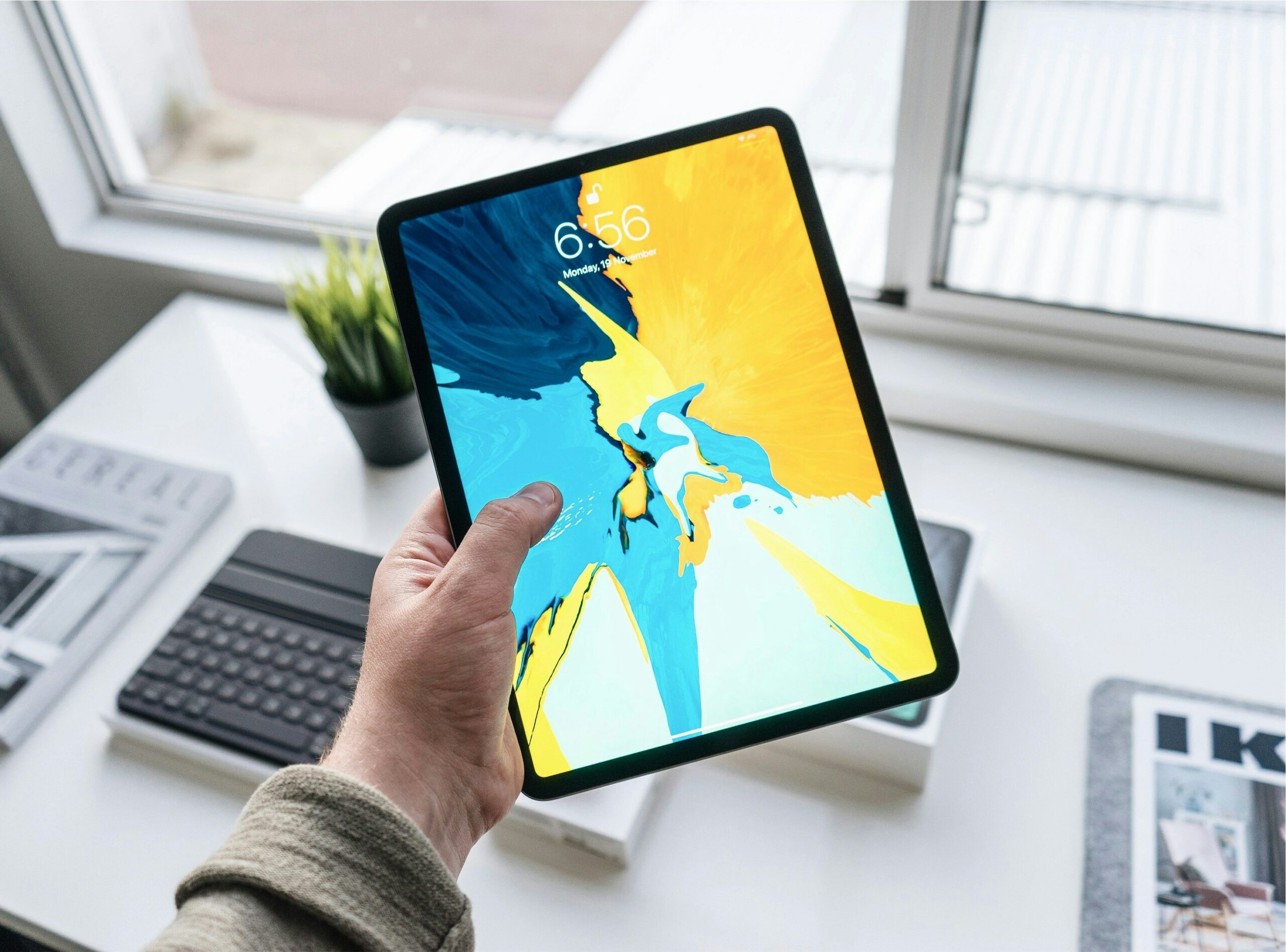
Benefits
- Lightweight and Compact: Tablets typically weigh less and are thinner than laptops. They are easy to carry, making them ideal for travelling, meetings and lectures.
- Touch Screen: Interactive touch screens make it easy to navigate and control, especially when reading, watching videos or using applications. It is also convenient for artists and designers working with a stylus.
- Long Battery Life: Most tablets have excellent battery life, allowing you to use them all day without recharging.
- Intuitive Use: Tablets are easy to learn and use, thanks to the simple and intuitive interfaces of operating systems such as iOS and Android.
- Inbuilt Cameras and Microphones: Tablets have inbuilt cameras and microphones, which is handy for video calls and content creation.
- Apps: A wide range of apps for entertainment, learning, and work are available in the app shops, many of which are optimised specifically for tablets.
Disadvantages
- Limited Power and Storage: Compared to laptops, tablets typically have less powerful processors and limited storage space.
- Limitations of Multitasking: Tablets may not be suitable for complex tasks such as high-resolution video editing or advanced programming.
- Lack of Physical Keyboard: Despite the ability to connect external keyboards, tablets don’t have inbuilt keyboards, which can make typing less convenient.
- Limited Connectivity: Tablets often have fewer ports for connecting external devices compared to laptops.
- Less Comfortable for Long Work: Because of their size and form factor, tablets may be less comfortable for long periods of work, especially if you have a lot of typing to do.
- Dependence on Applications: The capabilities of a tablet depend heavily on available applications, which can limit its functionality compared to a full-fledged laptop operating system.
Laptop: Power and Multifunctionality

Benefits
- High Performance: Laptops are typically equipped with more powerful processors and graphics cards, making them ideal for demanding tasks such as video editing, programming, and gaming.
- More RAM and Storage: Laptops offer more RAM and storage space, allowing you to store more files and efficiently run multiple applications simultaneously.
- A variety of connectivity ports: A variety of ports including USB, HDMI, Ethernet and SD card reader make it easy to connect a variety of external devices.
- Physical Keyboard and Touchpad: A full keyboard and touchpad provide ease of input and navigation, which is especially important for word processing and other tasks that require data entry.
- Larger Screen Size: Laptops typically have larger screens than tablets, which enhances the visual experience and is suitable for graphics and multimedia work.
- Full-fledged Operating System: Laptops run on operating systems such as Windows, macOS and Linux, which offer a wide range of options for working, learning, and entertainment.
Disadvantages
- More Weight and Size: Laptops are usually heavier and larger compared to tablets, reducing their portability.
- Shorter Battery Life: Due to more powerful hardware, laptops often use up battery power faster.
- Top Price: More powerful and feature-rich laptops typically cost more, especially in the high-end segment.
- Cooling Noise: High-performance notebooks can generate significant noise from cooling fans when performing demanding tasks.
- Periodic Maintenance: Laptops require periodic maintenance, including dusting and software updates.
- Less Intuitive Use: Unlike tablets, laptops can be less intuitive for new users, especially when it comes to complex operating systems.
What Choice to Make?
The choice between a tablet and a laptop depends largely on your individual needs. If you need a device for light work, reading or watching videos on the go, a tablet may be ideal. For more demanding tasks, such as video editing or programming, a laptop may be a better choice.
In conclusion, tablets, and laptops serve different purposes. It is important to determine exactly what you want to get out of your device before making a choice. It may be ideal for some people to have both devices for different usage scenarios.
Take your next step in the world of tablets and laptops with reBITme.com and enjoy the benefits. Enjoy your purchases!
